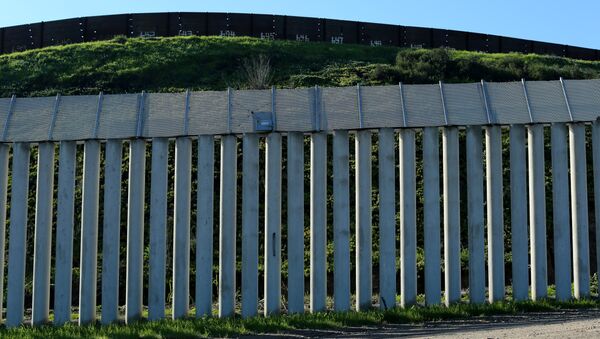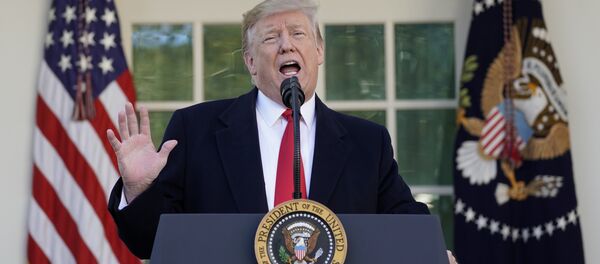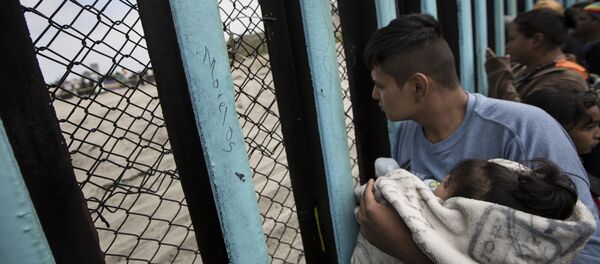Sputnik: Will the lawsuit stem Trump acting on his emergency declaration?
Dr. Emma Long: In the short term, yes, I think it will. I think the administration will wait to see what the courts will do in regards to the lawsuits that have been filed. So normally, what would happen is that the people filing the lawsuits would ask the courts to issue what's known as a 'preliminary injunction,' which would be — to say — 'You can't go ahead with the challenged action, until the court has had the time to look at the activity in detail.' Now, the courts may or may not do that. But I think, in the short term, the administration will wait to see if the court does do that. And then obviously, if this injunction is put in place, then that will stop the administration starting any work on the wall under the emergency declaration.
Dr. Emma Long: There are a number of possible outcomes. The administration is hoping that they can eventually get it to the Supreme Court, and that the Supreme Court will rule in their favour. And there's some reason to think that the courts might favour the administration: generally, the courts are reluctant to second-guess decisions by the President, when it comes to circumstances like national emergencies or national security. So the administration might be hoping that they would win out on those kinds of arguments. You also have to remember that, of course, once it goes to the courts, it becomes a legal issue, not a political issue — and say the question isn't 'Is this wall a good idea?' or 'Does it actually achieve the aims and the purposes that the administration claims?'; but it will be a question really about whether the States and the other parties filing the lawsuits can actually show that they will suffer harm as a result of the building of the wall. And that's a slightly different question to the one that's taking place in the political realm at the moment.
Sputnik: On Friday, liberal advocacy group Public Citizen has filed a suit on behalf of three Texas landowners who claimed the wall would be built on their properties. So if you put a couple of lawsuits together, will that maybe help build a case?
Dr. Emma Long: Yes, I think it helps build the case, because the lawsuit that's been filed by the people in Texas whose land the wall is proposed to be built on, they have a strong case to say that it's going to have an impact on them, than say, for example, Minnesota, Maryland, and Hawaii (which are three of the states that are involved in the state lawsuit and of course have no direct border with Mexico); and so their claims that they will be harmed are more to do with reputation and economics. And in the legal terms that's a much harder case to make, than those who may find that they've got a barrier built across their land.
Dr. Emma Long: I think this is the way that's going to — at least temporarily — stop it. Like I said, I think the administration will hold off and see what the courts will do. There's also some opposition within the Republican Party itself to Trump's declaring a national emergency. If you look at the context in which that's been done in the past, this doesn't really meet those tests. So there's some concern about setting a precedent for when the President might claim a national emergency. So I think, in the short term, there's going to be a delay; after that it's really going to depend on whether these states and these other parties can convince the courts that there is a genuine harm — or they are at risk of genuine harm — and the full legal case might then be worth pursuing.
The views and opinions expressed by the speaker do not necessarily reflect those of Sputnik.



